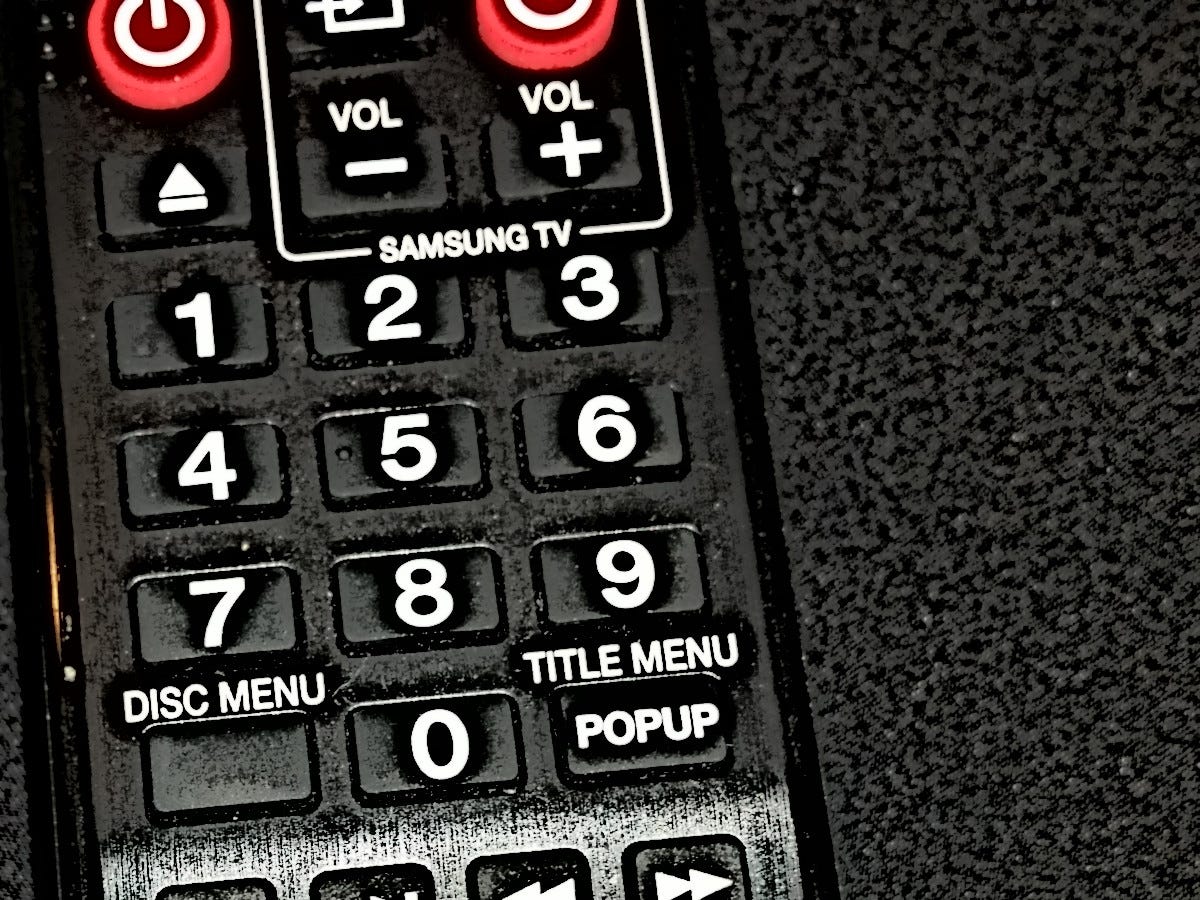De-localizing the news
On the World's Largest Store, retail advertising in the aisles, and the conditions contributing to the withering of local news
Deep in the history of radio station (and later television) call letters, the attentive person can uncover a backstory that often goes unrecognized today. Chicago's WLS, for instance, was named by Sears: WLS was meant to signify "World's Largest Store". Minneapolis has WCCO, for Washburn Crosby Company (a forerunner to General Mills). Nashville's WSM was National Life and Accident Insurance Company's way of plugging the slogan "We Shield Millions".
■ Those vintage call letters often hearken back to the early days of broadcasting, when commercial broadcast advertising as we know it today was in its infancy. Large companies often took a swing at starting their own stations as a way of having captive messaging channels for themselves. Having survived a century-long ride that made lots of people fantastically wealthy, though, the profits from commercial broadcasting are contracting dramatically.
■ In Tulsa, Oklahoma, the #62 market in the United States, KTUL-TV is decamping its news operation to Oklahoma City. The station's licensee, Sinclair Broadcast Group, is consolidating the Tulsa station with its other operations in the larger metro.
■ If local TV news isn't economically sustainable at that level of market #62, bigger than Honolulu, Omaha, or Des Moines, then that's a symptom of rapid economic deterioration. Radio advertising revenues have been cut in half since 2005, and television ad revenues may be surpassed by in-store advertising within five years.
■ Assuming that the local ownership and/or operation of media outlets has some intrinsic value -- and that, to at least some extent, has long been an animating assumption for parties ranging from Thomas Jefferson to FCC regulators -- then the collapse of marketplace conditions sustaining that local character ought to be taken seriously by sensible onlookers. We probably aren't headed for a revival in captive local ownership as in the 1920s, but something very different from the status quo may be inevitable.



